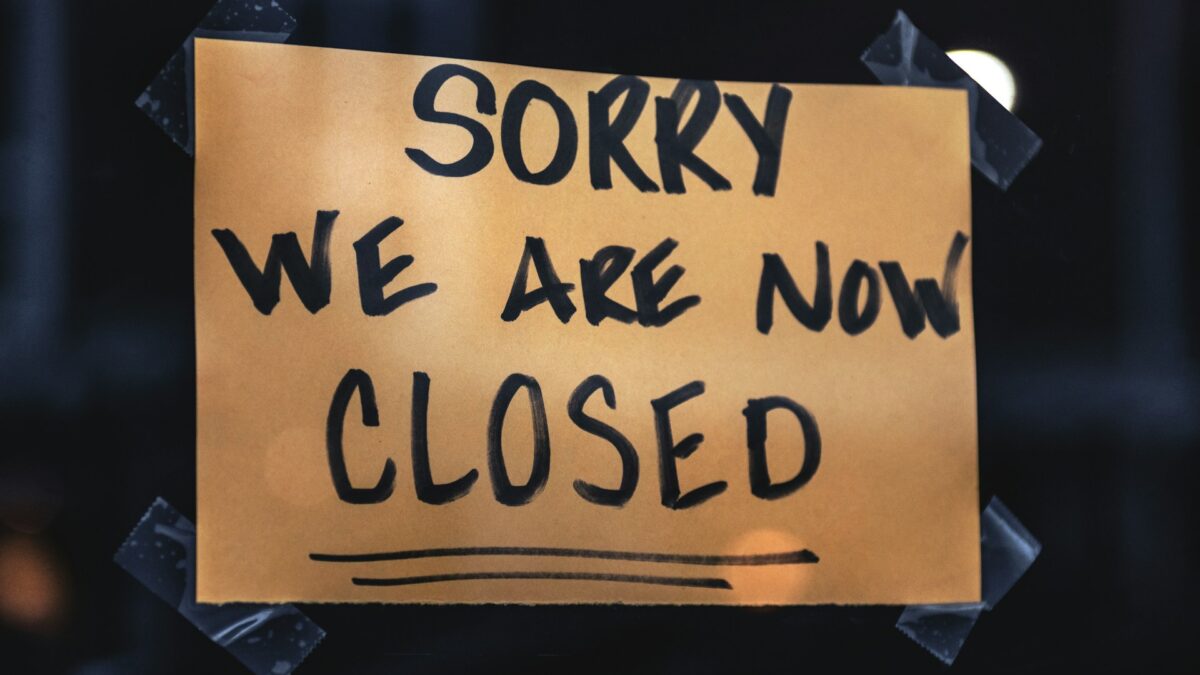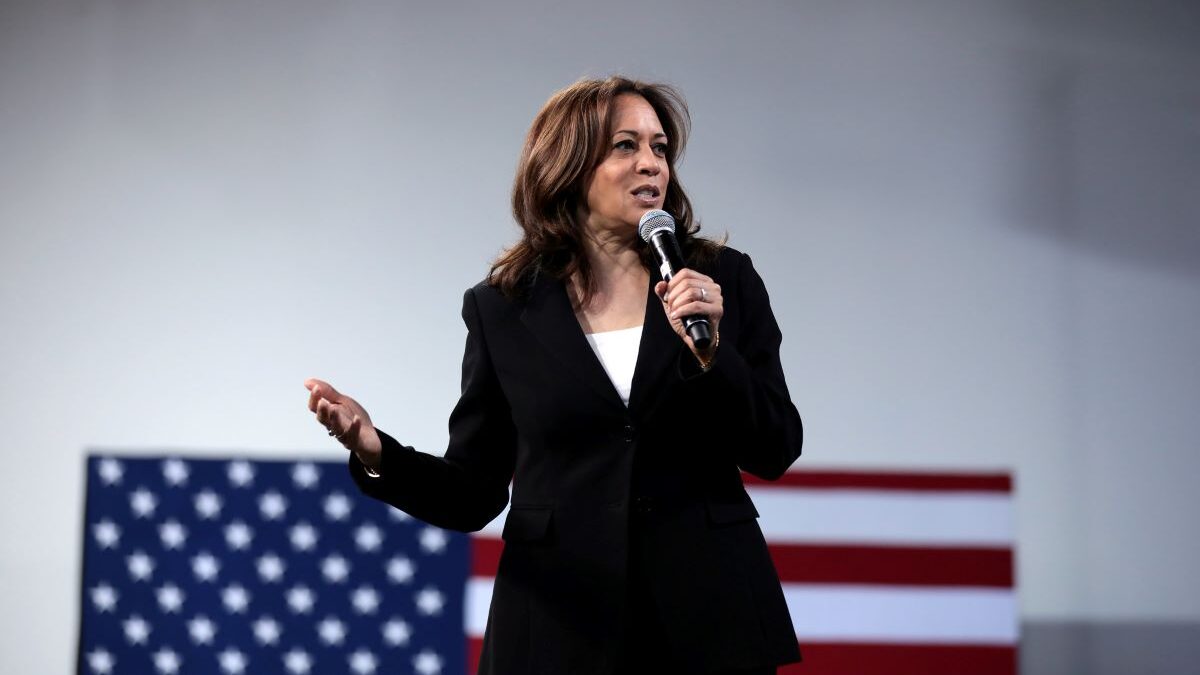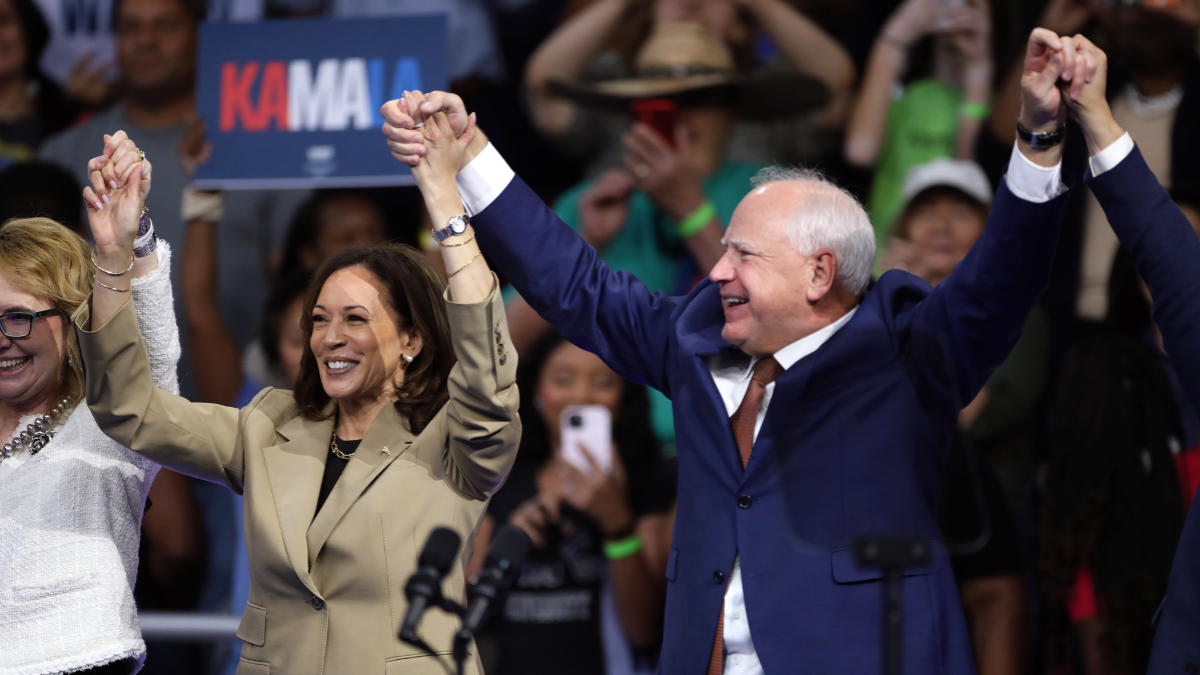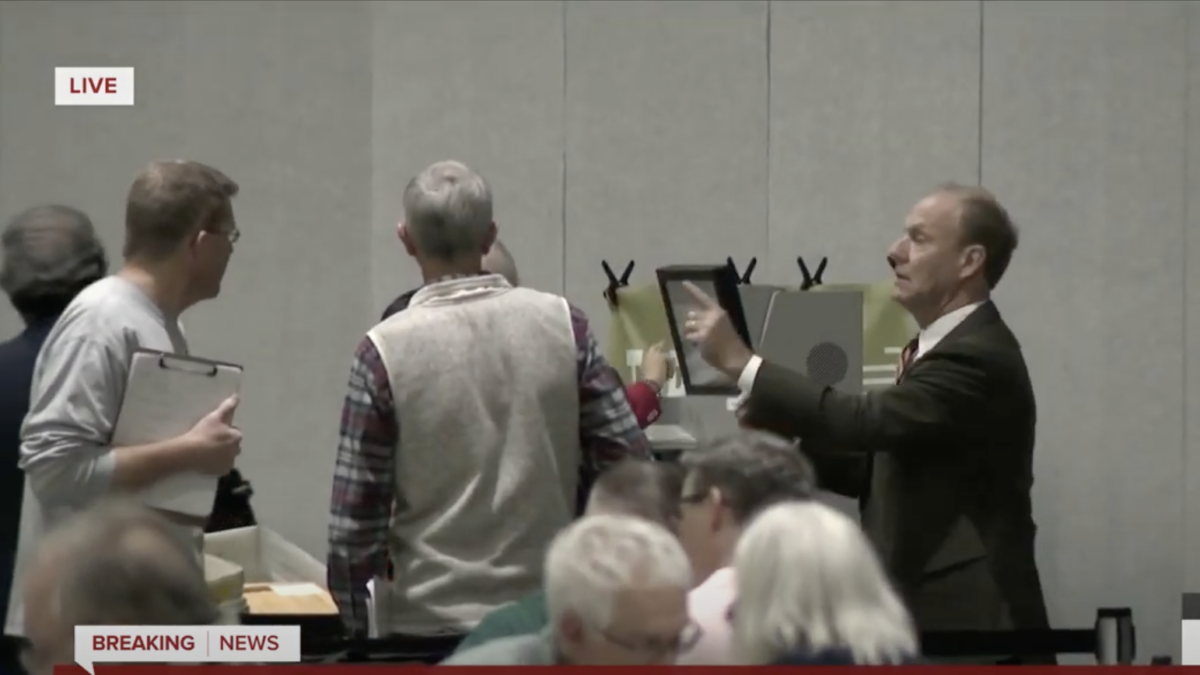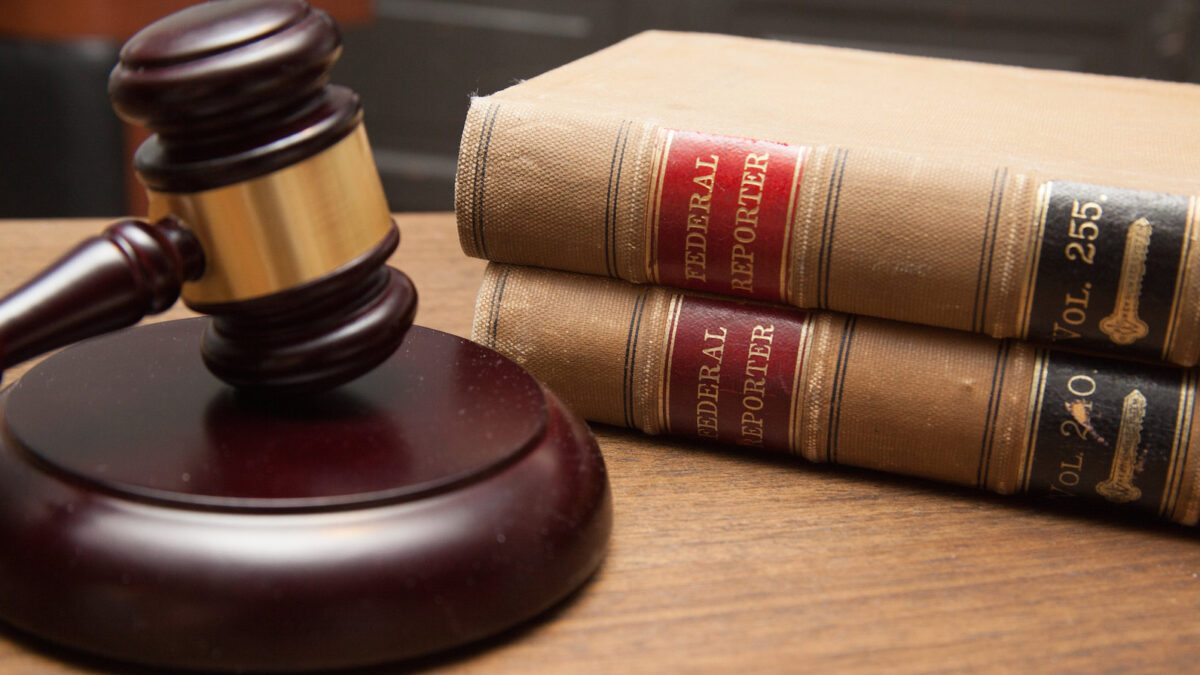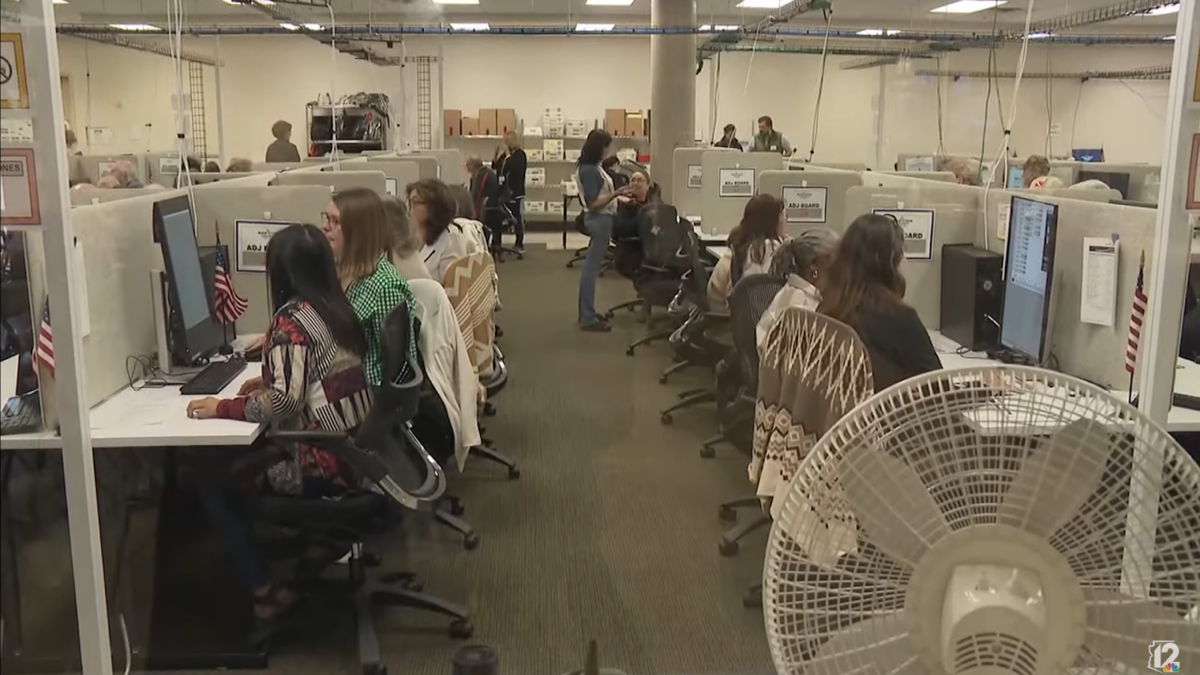
It’s hard to imagine anything that threatens the worldview of the new age more than cigar smoking. Cigars are symbols of everything the culture warriors deem despicable: Masculinity, capitalism, affluence, freedom. That of course is why I and I am sure many Federalist readers find so much pleasure in occasionally puffing away on a well-made smoke.
I suspect it’s also at least part of the reason the Obama Food and Drug Administration (FDA) has recently decided to drop what the industry is calling a “nuclear bomb” of new regulations that will affect every cigar retailer and individual smoker.
If you’re a stranger to cigar culture, here are some things you ought to know. Cigars are not cigarettes. You don’t inhale them. They aren’t addictive. I have never seen people huddling in the rain and snow outside an office building to smoke a cigar. And health risks are minimal for the vast majority of cigar smokers. The FDA itself recently reported there are minimal health risks associated with smoking two cigars a day.
That finding didn’t stop them recently from issuing the most draconian set of regulations on the American cigar industry. Under these new regulations, often called the “Deeming Rule” (because the FDA has deemed they have jurisdiction over cigars), heart-attack-inducing price increases are likely. (Estimates of the higher prices are all over the map because the costs of the new regulations are hard to calculate.)
Big Tobacco Hits Little Cigar
First, there are the FDA-mandated “user fees.” Here, we cigar smokers have been stooged by Big Tobacco—especially industry flagship Altria, which owns Philip Morris and other tobacco companies. “User fees” is the euphemism for taxes the FDA imposes on the tobacco industry. These fund the FDA’s Center for Tobacco Products. Under the new rules, the cigar industry will now pick up 9 percent of the fees and taxes previously shouldered mainly by cigarette makers represented by Altria. That amounts to $574 million dollars next year.
Nice job, Altria. If the FDA rules stand, you and your PAC will have shifted more than half a billion in taxes from Big Tobacco to the much smaller community of cigar manufacturers. This shifts taxes from a giant industry that makes a product that is actually addictive and undeniably linked to cancer and other serious health risks to an industry making products the FDA says pose only the most minimal health risks.
These new FDA rules are more than a nuisance. They are potentially fatal to the premium cigar industry as we know it, and to the culture of handmade cigar smoking so many of us now enjoy. Almost inevitably manufacturers will massively consolidate. Altria itself owns one of the lower-end, machine-made cigar companies, John Middleton. Industry insiders suggest they and other Big Tobacco units will go on a buying spree, snapping up distressed premium companies. Customers can expect lower quality and less innovation.
Cigars sold in America fall into two distinct categories. The vast majority are made by machines, just like cigarettes. Then there are premium cigars. No two are exactly alike, because they are all made by hand. Approximately 315 million handmade cigars are sold each year in this country—a mere fraction of the almost 12 billion cigars sold annually. Even if the FDA could justify extending its authority to machine-made cigars, there is no justification whatsoever for scooping premium, handmade cigars into their regulatory regime.
But the FDA Deeming Rule makes no exception for the handmade category. After listening and negotiating with premium cigar manufacturers and retailers over the past two years, the FDA decided to ignore every objection raised, every scrap of evidence presented.
Wait Three Years to Take New Ideas to Consumers
Adding to sticker shock is the fact that cigars will now have to undergo extensive FDA testing and certification before coming to market—even if a manufacturer is simply repackaging an existing tobacco combination in a new shape. Unlike cigarettes and other tobacco products, the premium cigar industry thrives on constant innovation and constant introduction of new products. The FDA has already warned that testing each new product may take up to three years for application and review.
It’s not just the price increases. Ugly government warning labels will now mar the appearance of our beautiful cigar boxes. Two warning labels, covering at least 30 percent of two primary panels—presumably the top and front of the boxes—will be required. The new rules also say no more free samples. This prohibition will disrupt a time-honored cigar tradition and discourage thousands of popular cigar events around the country.
Perhaps the most tragic consequences of the new FDA cigar rules will be on the craftsmen who make cigars. The president of the Dominican Republic recently sent a letter to President Obama warning that the FDA rule will distress his country’s economy. President Danilo Media writes of the importance of “a family tradition passed from generation to generation that is an essential part of our cultural identity.”
Can this senseless FDA rule be stopped? Yes, if Congress takes action. It doesn’t help that Big Tobacco is calling in favors and passing out money to promote the FDA Deeming Rule. But the premium cigar community has friends—and not a few active members—in Congress. Now is the time to make our voices heard.



